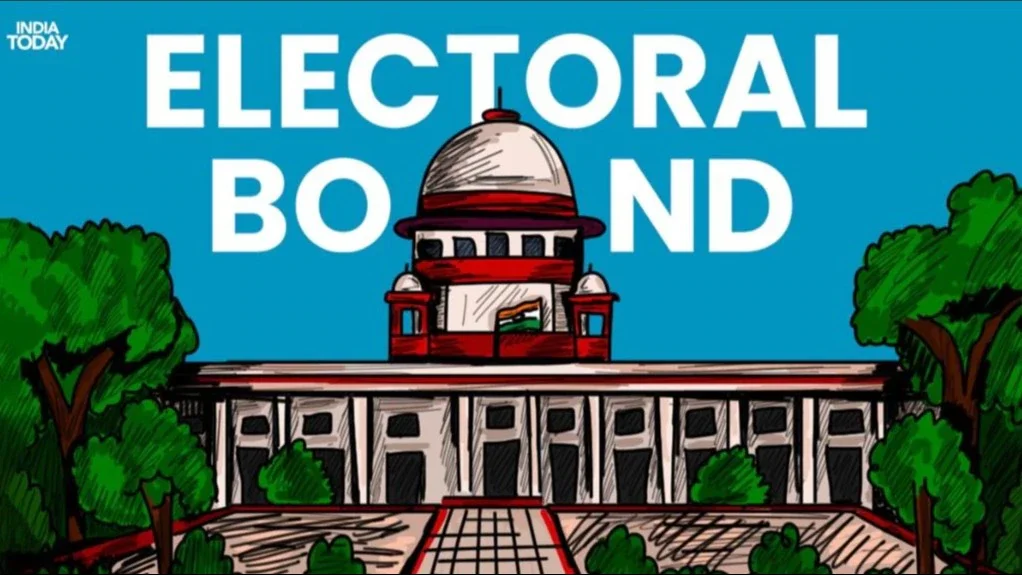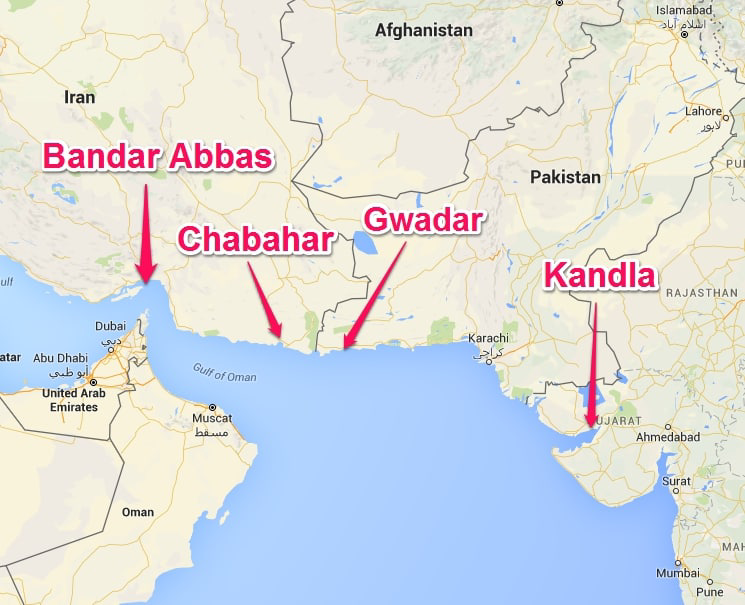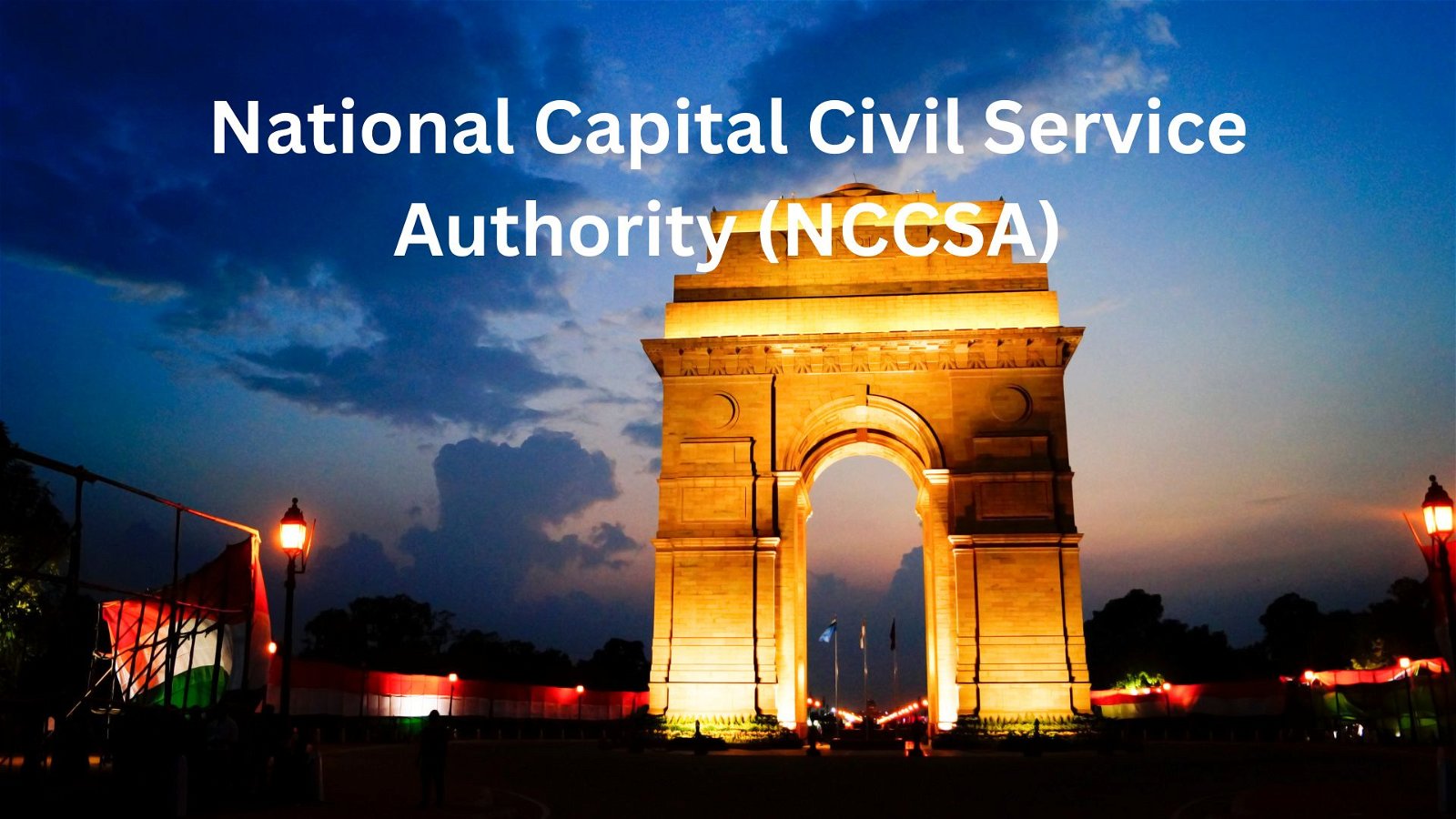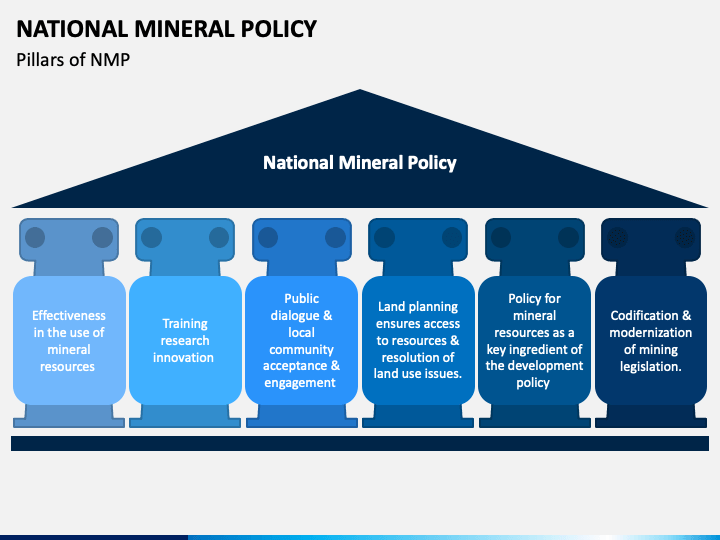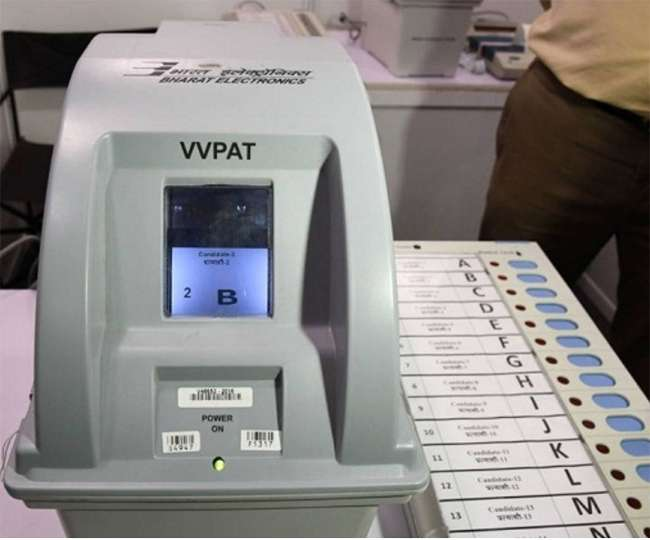
Citizenship Amendment Act (CAA), 2019
Subscribers of "Current Affairs" course can Download Daily Current Affairs in PDF/DOC
Subscribe to Never Miss an Important Update! Assured Discounts on New Products!
Must Join PMF IAS Telegram Channel & PMF IAS History Telegram Channel
- Context (TH): The rules of the CAA, 2019, are likely to be notified before the announcement of the next Lok Sabha election.
- CAA, 2019 amended the Citizenship Act of 1955, The Passport Act, and The Foreigners Act.
- The Citizenship Sct has been amended six times — in 1986, 1992, 2003, 2005, 2015 and 2019.
Features of CAA, 2019
- CAA, 2019 provides that the Hindus, Sikhs, Buddhists, Jains, Parsis and Christians from Afghanistan, Bangladesh and Pakistan who entered India on or before December 31, 2014, will not be treated as illegal migrants.
- The central government also exempted them from the Foreigners Act of 1946 and the Passport (Entry into India) Act of 1920.
- Before CAA,2019:
- An illegal migrant was not eligible to apply to acquire citizenship.
- They were barred from becoming an Indian citizen through registration or naturalisation.
- The Foreigners Act and the Passport Act debarred such individuals and provided for their imprisonment or deportation.
- The amendment relaxes the requirement of naturalisation from 11 years to 5 years as a specific condition for applicants of these six religions.
- Before CAA,2019:
- Naturalisation: Under The Citizenship Act of 1955, one of the requirements for citizenship by naturalisation is that the applicant must have resided in India during the last 12 months and 11 of the previous 14 years.
- Registration:
- A person of Indian origin ordinarily resident in India for seven years before applying for registration.
- They should have lived in India continuously for 12 months before applying for citizenship.
- Before CAA,2019:
- Defines illegal migrants:
- Under the CAA, 2019 an illegal migrant is a foreigner who:
- Enters the country without valid travel documents like a passport and visa or
- Enters with valid documents but stays beyond the permitted period.
- Under the CAA, 2019 an illegal migrant is a foreigner who:
|
Exceptions
- The Bill provides that illegal migrants who fulfil five conditions will not be treated as illegal migrants under the Act. The conditions are:
- They are Hindus, Sikhs, Buddhists, Jains, Parsis or Christians;
- They are from Afghanistan, Bangladesh or Pakistan;
- They entered India on or before December 31, 2014;
- They are not in certain tribal areas of Assam, Meghalaya, Mizoram, or Tripura included in the Sixth Schedule to the Constitution.
- They are not in areas under the “Inner Line” permit, i.e., Arunachal Pradesh, Mizoram, Manipur and Nagaland.
|
Cancellation of registration of OCIs
- The Act provides that the central government may cancel the registration of OCIs on specific grounds
- If the OCI has registered through fraud,
- If, within five years of registration, the OCI has been sentenced to imprisonment for two years or more,
- If it becomes necessary for India’s sovereignty and security.
- If the OCI has violated the provisions of the Act or any other law as notified by the GoI.
- The orders for cancellation of OCI should not be passed till the OCI cardholder is allowed to be heard.
Issues related to the Amendment Act
Violation of Article 14 of IC
- The Bill provides differential treatment to illegal migrants based on:
- Their country of origin,
- Their religion,
- Date of entry into India, and
- Place of residence in India.
-
Country of Origin
- The Act classifies migrants based on their country of origin to include only Afghanistan, Pakistan and Bangladesh.
- It is not clear why migrants from other neighbouring countries such as Sri Lanka (Buddhist state religion) and Myanmar (primacy to Buddhism) are not included.
- Over the years, there have been reports of both Tamil Eelams and Rohingya Muslims fleeing persecution from their respective countries and seeking refuge in India.
- No reason has been provided to explain the inclusion of Afghanistan.
-
Other religious minorities ignored
- There are other religious minorities in these countries (Pakistan, Bangladesh & Afghanistan) who face religious persecution and may have illegally migrated to India.
- E.g. Ahmadiya Muslims, Atheists in Bangladesh.
- Myanmar has a history of persecution of a religious minority, the Rohingya Muslims.
- There are other religious minorities in these countries (Pakistan, Bangladesh & Afghanistan) who face religious persecution and may have illegally migrated to India.
-
Date of Entry
- It is also unclear why there is a differential treatment of migrants based on their entry date into India, i.e., whether they entered India before or after December 31, 2014.
-
Place of residence in India
- The bill also excludes illegal migrants residing in areas covered by the Sixth Schedule, that is, notified tribal areas Assam, Meghalaya, Mizoram and Tripura and excludes the Inner Line Permit areas.
- Once an illegal migrant residing in these areas acquires citizenship, he would be subject to the same restrictions in these areas as applicable to other Indian citizens.
Broad discretion to the government to cancel OCI registration
- The SC has held that while delegating powers to an executive authority, the legislature must prescribe a policy, standard, or rule for their guidance.
- This will limit the authorities’ powers and not give them arbitrary discretion to decide how to frame the rules.
- The act does not provide any guidance on the nature of laws that the central government may notify.
- In the absence of this powers given to the executive may go beyond the permissible limits of valid delegation.
Government’s Arguments
- GoI has argued that under the 1950 Nehru-Liaquat Pact, India and Pakistan had promised “complete equality of citizenship” and “a full sense of security” to their religious minorities.
- The failure of Pakistan and today’s Bangladesh to honour this promise justifies targeting relief to non-Muslim refugees from these two countries.
- The GOI has clarified that Pakistan, Afghanistan and Bangladesh are Islamic republics where Muslims are the majority; hence, they cannot be treated as persecuted minorities.
- According to the GOI, the legislation is “compassionate and ameliorative” and does not deprive any Indian of citizenship.
- Legal migrants of any religion from any country will continue to get Indian citizenship once they fulfil the eligibility conditions already provided in the law for registration or naturalisation.
- The CAA does not affect the protection granted by the Constitution to the indigenous population of northeastern states.
- The government has argued that the CAA does not discriminate based on religion but provides relief to persecuted minorities in the region.
Plea in SC
- The law violates Article 14 of the Constitution, which guarantees that no person shall be denied the right to equality before the law or the equal protection of the law in the territory of India.
- SC has developed a two-pronged test to examine a law on the grounds of Article 14.
- Any differentiation between groups of persons must be founded on “intelligible differentia.”
- Differentia must have a rational nexus to the object sought to be achieved by the Act.





![PMF IAS Environment for UPSC 2022-23 [paperback] PMF IAS [Nov 30, 2021]…](https://pmfias.b-cdn.net/wp-content/uploads/2024/04/pmfiasenvironmentforupsc2022-23paperbackpmfiasnov302021.jpg)
